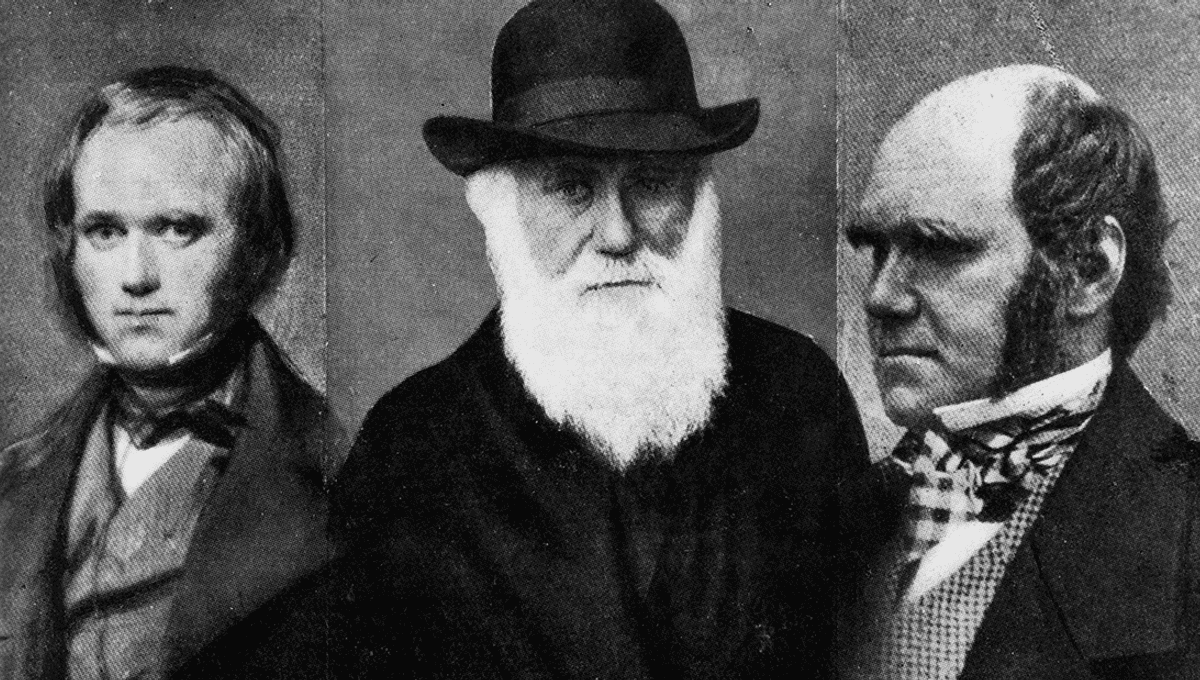
Charles Darwin once discovered the rare bird he had been searching for for years – halfway through chowing it down for Christmas dinner.
When you picture Darwin, you may imagine him in the Galapagos diligently taking notes while observing a finch, maybe remarking on slight differences between it and another very similar finch. You probably don’t immediately imagine him riding around on a giant tortoise or chowing down on endangered species as if they were party snacks – but Darwin did both these things, with the latter leading to a particularly distressing incident in which he consumed a vital missing piece of his work.
Arriving on San Cristóbal Island in the Galapagos on his first trip, Darwin regularly – and without regard to their suitability for transport – rode around on tortoises, which he also considered food.
“I frequently got on their backs, and then giving a few raps on the hinder part of their shells, they would rise up and walk away,” he wrote, “but I found it very difficult to keep my balance”
Darwin – a famous member of the Cambridge University Glutton Club which met to feast on “birds and beasts which were before unknown to human palate” – of course ate the animals, which he preferred roasted or in the form of a soup.
“While staying in this upper region we lived entirely upon tortoise-meat: the breastplate roasted (as the Gauchos do carne con cuero), with the flesh on it, is very good,” Darwin wrote of the animals. “And the young tortoises make excellent soup; but otherwise the meat to my taste is indifferent.”
As great of a naturalist as he was, Darwin was a hungry man. In December 1833, while at Port Desire, one of the ship’s crew shot a rhea to be eaten for Christmas dinner. Darwin had for a long time been searching for a bird he called the “Avestruz petise“, now known as Darwin’s Rhea. It interested him because of the slight differences between it and another species of rhea which lived to the island’s north. For years, the birds had eluded him – but they weren’t about to elude his stomach.
Darwin believed that he was eating a young greater rhea that Christmas, but was in fact eating the elusive petise which would one day be named after him. He jumped up during the meal and desperately tried to salvage the remains of the bird, managing to get a wing, the head, its legs, and plenty of larger feathers.
With his leftovers in tow, he went off to study the remains (the biological matter formerly known as “lunch”) and became convinced that there were two species of rhea in South America, of which he was correct.
Source Link: Darwin Once Discovered He Was Eating The Extremely Rare Bird He'd Been Searching For For Years